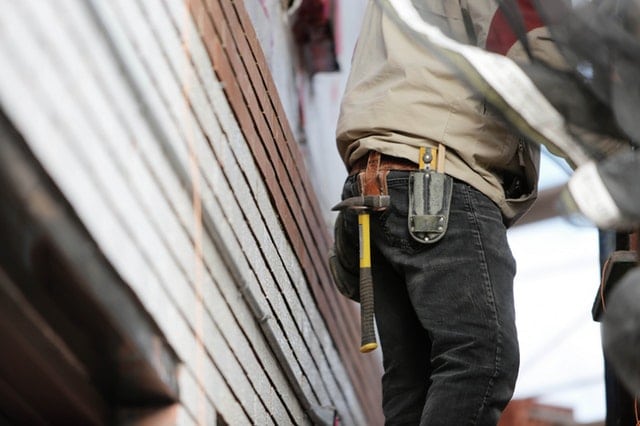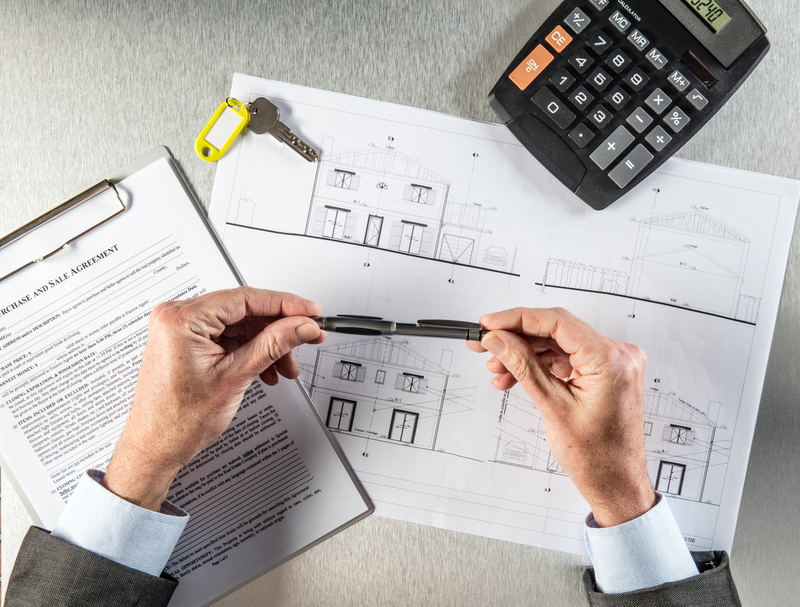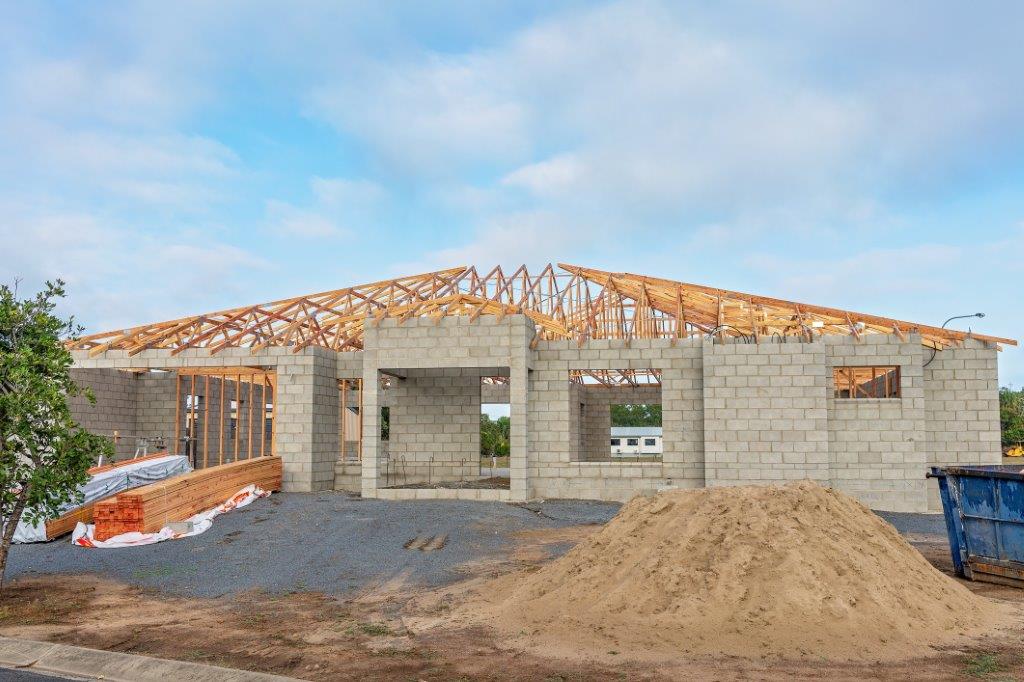Building your own home could be a challenging yet an exciting project. When you decide to build your own house, it means you are taking the entire responsibility of building a home from scratch, from determining the layout, choosing the number of rooms, choosing the finishes, and even the landscaping.
While the idea could be exciting, financing is another challenge. Only a few people have something saved specifically for these types of projects but the majority of homebuyers don’t have this kind of savings. Therefore, financing will have to come loan options. In this case, however, landing a loan to build your own home is not that easy.
A Regular Mortgage Loan is Not an Option
Standard regular mortgage loan could be an easy approval for those homebuyers trying to purchase an existing house, provided they have a good credit standing and a strong source of income. But for those building their own home, getting approval for a standard regular mortgage is an extremely challenging task for the following reasons:
- Lenders are skeptical in lending money to properties that are not existing yet
- Lenders know the risks of the construction process, and they don’t like these kinds of risks.
A Construction Loan is a Better Option
Consider a construction loan, also called a self-build loan. This type of loan s a specialized type of financing specifically for those wanting to build their own homes.
Construction Loan Features
- A short-term loan, a maximum of one year
- Offered in variable rates which are typically higher than traditional mortgage loan rates
- Refinancing of a construction loan to a permanent loan is possible after the house had been completed
Builders Risk Insurance Policy
Consider taking a builders risk insurance policy for protection. You don’t want to be caught off guard when unwanted circumstances occur such as a storm or fire damage. The insurance protects you and the lender at the same time. This will be significant even when you have hired a building contractor who has commercial liability insurance.
How To Get A Construction Loan To Build Your Own House
Prepare the plans. As a requirement to the loan, you will need to present for approval a professionally drawn plan and full costing of the home building project. An appraiser will complete an initial assessment of the supposed value of the home based on the plans provided.
Make a deposit to the lender or purchase the parcel of land where the home is going to be built. At this state, the lot purchased for the project is adequate security for the loan. Lenders would like to see how committed you are to the project. Thus, presenting your equity in the project right from the start demonstrates this commitment. If you own the lot already even before starting the project creates a good impression to the lender.
Don’t commit to the first offer yet. It pays to look around to find out what other lending companies can offer so that you can compare the best rates. Interest rates for a construction loan are way higher than standard regular home loans.
Hire a licensed general contractor in order to get approval for a construction loan. Lenders would like to reduce risk to as minimal as possible. Hiring a qualified builder will provide the lender peace of mind that the project will go as smoothly as planned.
If you are the general contractor to build your own home, there are possibilities that lenders will not approve the loan. If this is the case, you may want to consider another specialized loan which is the owner-builder construction loan. If you are able to provide a well-researched plan and you are equipped with the right knowledge and abilities in construction, lenders may consider your loan.
Build Your Own Home Through a Loan
To build your own house is a rewarding journey, however, getting the right financing for the project is challenging. Opt for a construction loan if you are building your house with the help of a qualified contractor. Increase your chances for approval by providing a detailed construction plan. Or opt for an owner-builder loan if you are the general contractor of the project.






